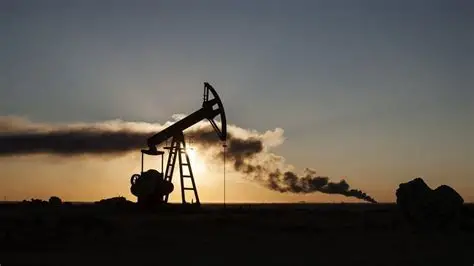How an Israel-Iran conflict impacts the global economy
- Alexangel Ventura

- Jun 19, 2025
- 2 min read
With a conflict between Israel and Iran imminent, or at least becoming more likely now more than ever, the global economy would face significant challenges, even though Iran and Israel both share smaller GDPs than much of the world's economies.

In the previous days, war has become likely after Israel first struck Iranian nuclear and military targets in Tehran, the capital of Iran. Iran, in retaliation, launched missiles at Israeli targets including a hospital which wounded over 200 civilians. The United States approved of a war plan to start bombing raids on Iran, with President Trump having the final say as Commander-In-Chief.
His decision on this matter is expected to be announced in the next two weeks, according to Press Secretary Karoline Leavitt in a press conference today.
With a war fast approaching the global economy hangs on balance. Iran is a leading contributor to the anti-American OPEC trade coalition, as it produces roughly 3,280,000 barrels of oil per day on average, as of January 2025. Iranian oil feeds many global economies, such as China, Russia, and India.

And with Israel already bombing Iranian oil fields, with American intervention Iran's oil depletion could be even worse, especially in the oil-rich region surrounding the city of Ahvaz.
Other nations' oil trades could be impacted even more than Iran's, however. Iran holds many strategic holdings around the Strait of Hormuz, which not only funnels Iranian oil to the global market but also Saudi Arabian, Kuwaiti, Qatari, Bahrani, and Emirati oil, too.

Oil prices would inevitably surge with both these factors, leading to a global period of inflation mimicking the late 1970s.
The United States would be especially affected, since it's a leading consumer of crude. The price would pass down to consumers, who will pay higher prices due to higher transportation/shipment costs.
Currency exchange will be affected, too, with a shorter rate of cash flow globally. Rather, countries will seek to trade in tight-knit trade partnerships or even domestically, especially economically diverse nations like China or Russia.
Stocks have already shown just how dangerous economically a war in the Middle East could be. Early in the week, investors sold off their shares as they increasingly anticipated a conflict, connecting war with international economic turmoil.









